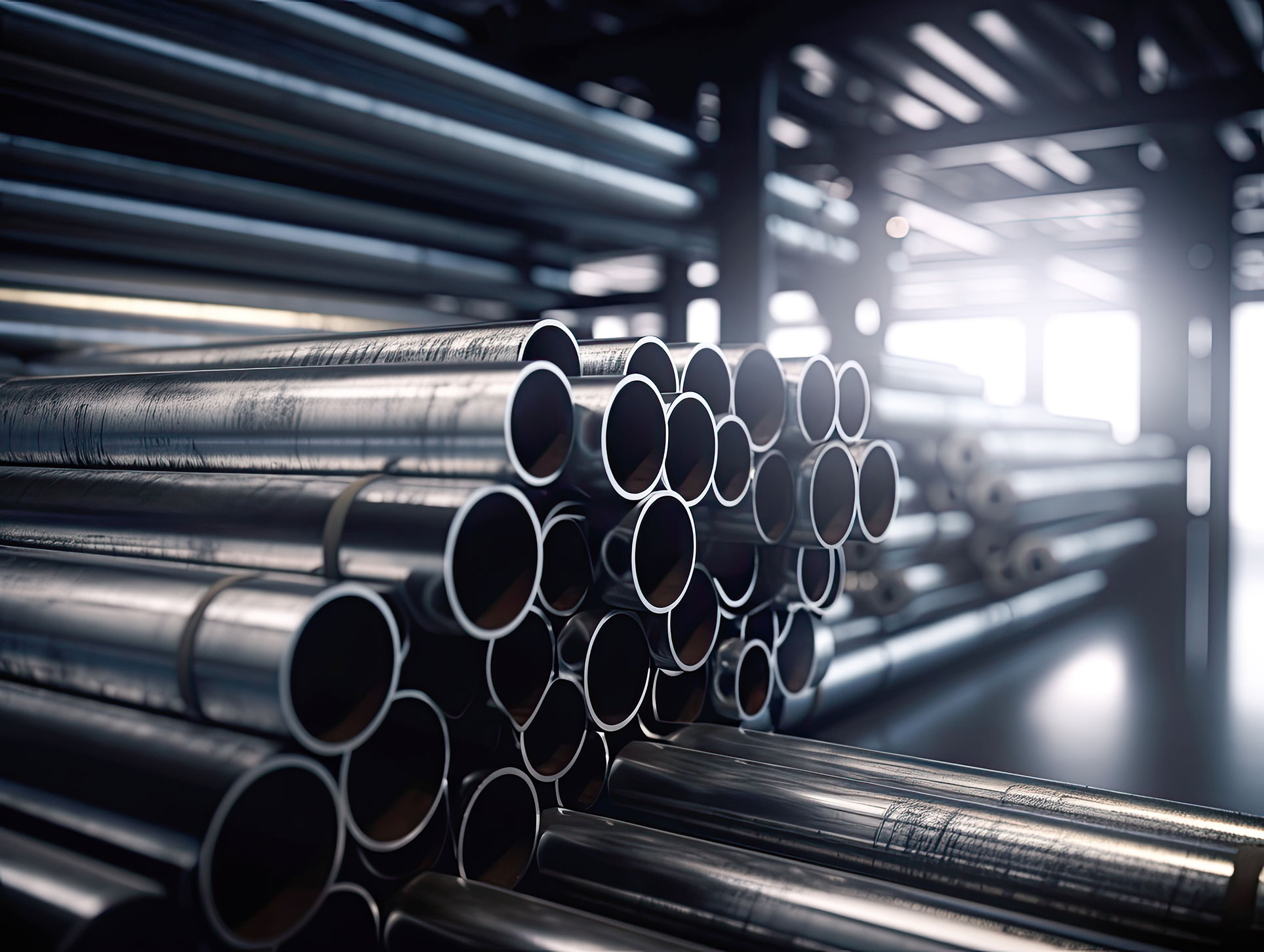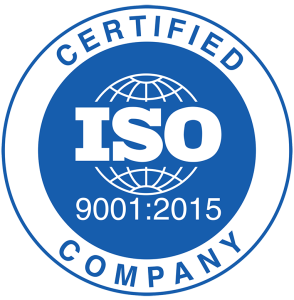Iron and carbon is essentially what steel is, alloyed with added elements. The alloying process is used for changing the chemical composition so certain properties are improved to suit different applications. As a leading provider of ERW tube made from steel, we feel it is vital to understand the benefits of characteristics of different alloys.
There are many benefits of steel alloying. They include:
– Carbide forming. A lot of minor metals when added to steel, such as aluminium, chromium, silicon and tungsten can increase the strength in steel. Carbide forming is mainly use for hot work and high speed steel applications.
– Graphitising. Some elements such as nickel, aluminium, cobalt, and silicon can help to make the metal less stable, which helps form graphite.
– Stabilising ferrite. Elements like aluminium, vanadium, tungsten, silicon, and chromium can have the effect of lowering the solubility of carbon in austenite. The result is a larger amount of carbides in steel, whilst decreasing the temperature range in austenite.
– Stabilising austenite. To increase temperatures ranges in the carbon elements like cobalt, nickel, copper and manganese need to be added.
– Increasing corrosion resistance. Elements such as silicon, aluminium, and chromium can form oxide protective layers on the steel’s surface, therefore protecting the steel from any further environmental deterioration.
The incredible thing with steel is there are so many different varieties. This is possible because adding different elements create unique alloys.
An important thing to keep in mind is that the alloy agent used in steel can have different effects. For example:
– Boron is a hardening agent, which in turn improves machinability and deformability. This can only be added in very small quantities.
– Cobalt helps to increase strength at high temperatures.
– Aluminium is used as a deoxidiser.
– Chromium is added due to it being a key component for stainless steels. Additionally adding it has been proven to help improve corrosion resistance.
– Copper is generally used as a residual agent, although it has hardening properties and corrosion resistance.
Possessing the knowledge of these steel alloying agents is vital in order to produce high quality ERW tube. Here at Union Steel we produce and supply high quality tubing, suited to a range of different applications and industries. If you require our expertise then please get in touch today.


